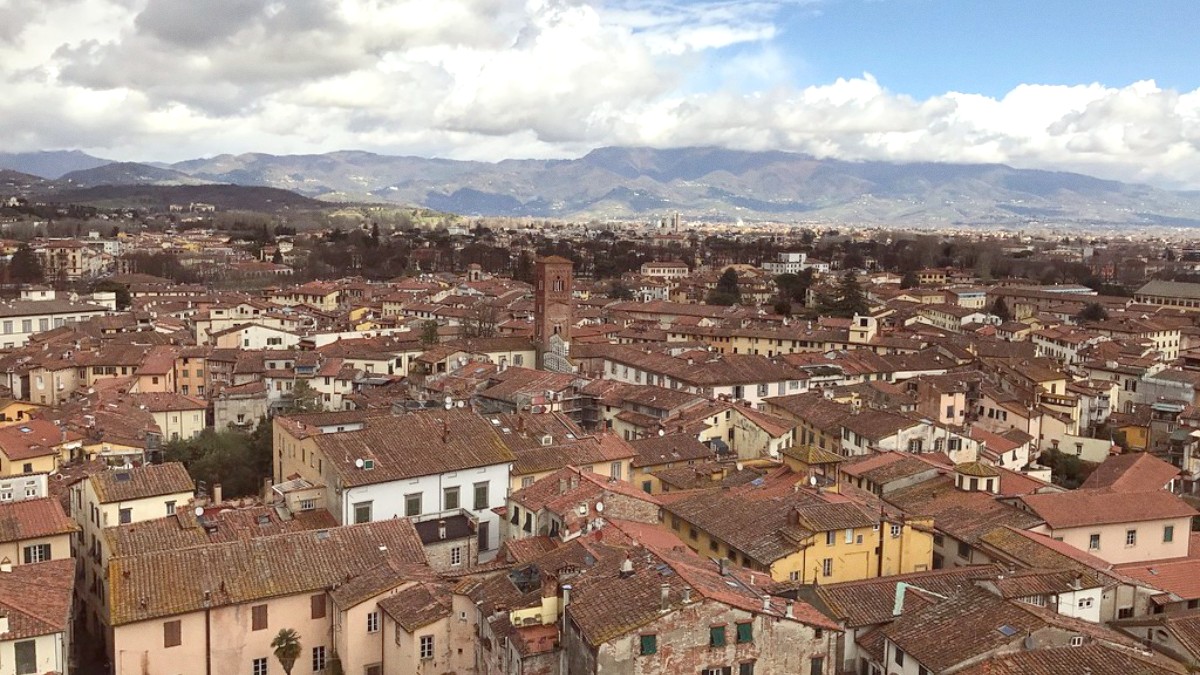
The Northeast, Brazil
Parque do Cocó safeguards mangroves and local biodiversity.
Waste management infrastructure varies. Reducing waste and disposing of it properly are good practices.
Ceará faces water scarcity. Conserve water in hotels by taking shorter showers and reusing towels.
Making eco-conscious choices during your travel supports the health of natural ecosystems and local environments.
Mitigate the environmental effects of your flights by contributing to carbon offset programs.
Choose accommodations and tour operators committed to sustainable practices.
Reduce plastic waste by refilling a durable bottle like a Hydro Flask.
Shop BottlesA compact bag like a BAGGU Reusable Bag minimizes plastic bag use at markets.
Shop BagsBring your own reusable water bottle and coffee cup to minimize single-use plastics. Seek out local recycling bins where available to dispose of waste properly.
Genuine cultural engagement means approaching local traditions and people with consideration and politeness.
Simple gestures can significantly improve your engagement with locals.
Be mindful of privacy and sacred spaces when capturing memories.
Always ask for permission before taking close-up photos of individuals, especially children, and respect any refusals.
Exercise discretion in sensitive areas or during private ceremonies. Avoid using flash if it disrupts others.
Dress modestly (shoulders and knees covered) and maintain quiet, respectful conduct, especially during services.
Your spending choices hold the capacity to bolster the local economy and avert detrimental practices.
Prioritize local restaurants, `pousadas`, and shops to directly benefit local families and entrepreneurs.
Buy handicrafts and souvenirs directly from artisans at markets like Mercado Central to support fair wages.
Engage local guides for tours; their local knowledge enriches your experience and supports their livelihood.
Enjoying traditional cuisine at small, locally-owned establishments directly supports the food industry and preserves culinary heritage.
Buying fresh produce and goods from local markets strengthens the agricultural sector and micro-businesses.